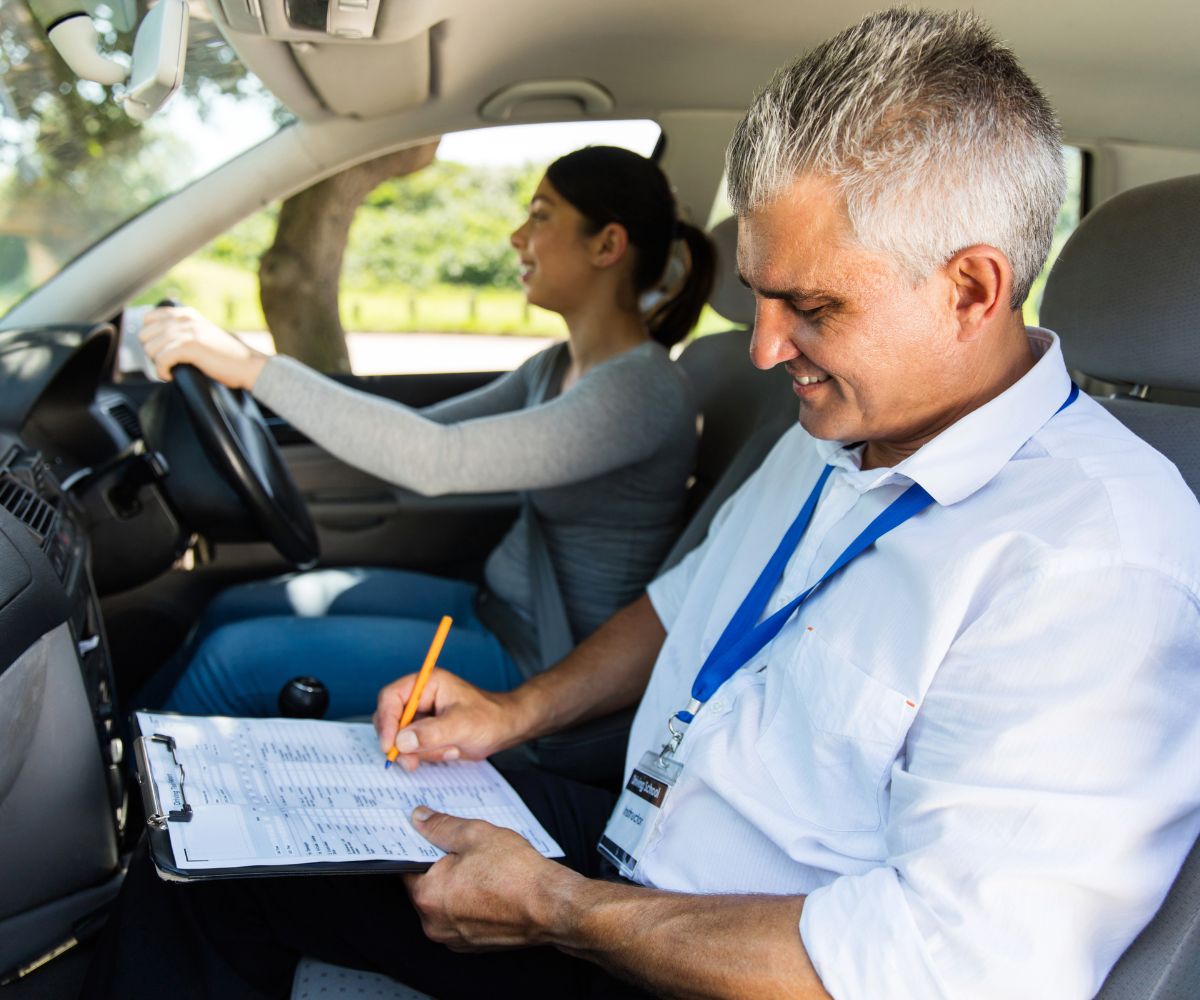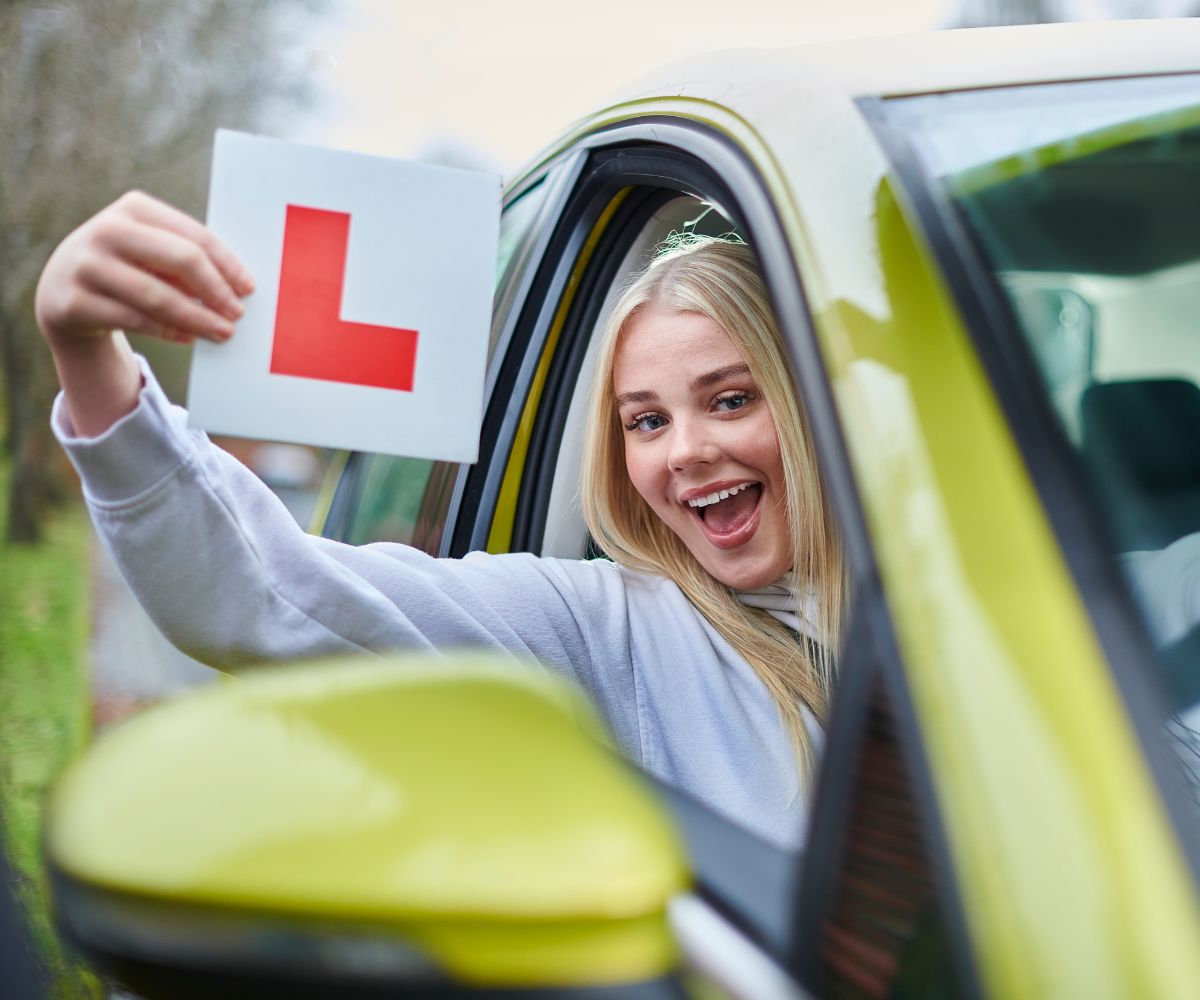There is an inherent risk of accidents associated with driving, despite being careful. The risk is exponentially higher in the case of student drivers. The process of learning how to drive can sometimes be overwhelming to one’s senses. It can also be confusing, especially when you encounter other road users.
That is why you must be insured when learning how to drive to guard yourself from claims. Besides, it is the law that you must be insured when driving, whether as a student or as a licensed driver. Herein is a quick guide about insurance needed for driving lessons
Driving Instructor Insurance
In most cases, new drivers will take lessons with a qualified instructor such as anewdriver.ie . In such a case, the instructor is taught about the ins and outs of teaching and imparting driving skills to new drivers. Importantly, the Approved Driving Instructor (ADI) has a mandate to take out driving instructor car insurance.
Unlike regular car insurance policies, driving instructor insurance coverage is designed with features that cover a broader range of risks. Additionally, the driving instructor insurance affords the car more insurance coverage than regular insurance policies, accounting for the higher risk level associated with allowing students to get behind the wheel as they learn how to drive.
What this means is that student drivers under the tutelage of an ADI do not need to take out additional insurance coverage. The instructor is typically responsible for taking care of your insurance coverage. Importantly, the cost of insurance is factored into the cost of your driving lessons.
However, there are cases where you might need your own insurance coverage. Continue reading to learn when and how you can take out car insurance as you learn how to drive.
Learner Car Insurance
In some instances, you may want to practice driving beyond the driving sessions you have with your professional instructor. In such instances, you need to take out a learner car insurance policy. You’ll also need to purchase a learner driver insurance policy if you want to exclusively learn and practice driving in your own car.
In the United States, the practice of learning to drive under the supervision of a licensed adult, whether a professional instructor or a family member, is facilitated by obtaining what’s known as a learner’s permit. This permit allows new drivers to gain practical experience on the road. However, it’s important to note that driving with a learner’s permit also requires specific insurance coverage. This is where learner car insurance comes into play. It’s designed for those who wish to extend their driving practice beyond the scheduled sessions with a professional instructor or for those who prefer to learn in their own vehicle. This specialized insurance policy covers the learner driver, providing financial protection in the event of an accident or damage to the vehicle while they are behind the wheel. It’s an essential element of safe and responsible driving practice for everyone on their journey to becoming a fully licensed driver.
Learner Driver Insurance Options
You have two main options to choose from when acquiring learner driver insurance coverage:
#1. Take Out A Learner Driver Insurance For Your Own Car
If you have your own car that you intend to use while learning how to drive, it is a good idea to purchase your own insurance policy. It allows you to build up your no-claim bonus, which could translate to cheaper premiums in the future.
The main consideration when taking out a learner driver policy is the overall time you need insurance coverage. Obviously, you need coverage until you pass your driving test.
A short-term learner driver insurance policy lasts anywhere from one day to five months. This type of insurance policy tends to be more expensive on a per-day basis than the long-term learner insurance policy. However, it can work out to be cheaper if it does not take you long to attain your driving license (for instance, when you pass your driving test on the first trial).
Alternatively, you can take out annual learner car insurance, which is a long-term insurance policy. Generally, an annual insurance policy is cheaper on a per-day basis over the coverage period compared to short-term coverage.
Upon passing your test, you need to contact the insurance company and cancel your learner driver’s insurance. While you typically do not get a reimbursement, insurance companies typically do not charge a cancellation fee.
In the United States, it’s common for young or new drivers to be added to their family’s auto insurance policy. This can be a cost-effective way to ensure they are covered while learning to drive. However, each insurance company has different policies and procedures, so it’s crucial to contact your insurance agent to discuss the best options for your specific situation.
#2. Become A Named Driver In A Third Party’s Insurance Policy
Aside from taking out your own insurance coverage, you might add your name to an existing insurance policy, for instance, your parent’s or partner’s insurance coverage. Adding your name to another person’s insurance coverage is particularly favourable if you plan to continue using the shared vehicle long after you attain your driving license. While the price of the insurance coverage will go up, it is nonetheless cheaper than taking out your own policy.
A caveat you should note is that you might not be able to accumulate a no-claims bonus, which might translate to higher premiums later on when you transition to your own insurance. Additionally, if you intend to be the main driver of the shared car after acquiring your insurance license, it might be cheaper to take out your own insurance coverage in the long run.
What You Need To Get Learner Car Insurance
It is important to note that you need to be 17 years of age and have a valid provisional driving license to acquire a learner car insurance policy.
Additionally, the learner driver must be accompanied by a qualified driver who is over 21 years old. However, some insurance companies require the learner driver to be accompanied by a driver who is over 25 years old (https://www.gov.uk/driving-lessons-learning-to-drive/practising-with-family-or-friends).
Conclusion
So, which insurance is needed for driving lessons? When taking driving lessons from a professional instructor such as Pilot Driving School, you do not need to take out additional insurance coverage. Your instructor should have purchased a driving instructor insurance policy. However, if you need to practice driving in your own car, you need to purchase learner car insurance, or you could ask your parents or a partner to include you in car insurance. As always, make sure to call your insurance company or agent for more information as well as confirmation of coverage.
Please note that this article is intended to provide general information and does not serve as a confirmation of coverage. Insurance policies and their terms can vary greatly, so it is always recommended that you speak with a licensed insurance agent to understand the specifics of your situation and the most appropriate coverage options for you. This article should not replace professional advice, and we strongly encourage you to reach out to an agent before making any decisions regarding your insurance coverage.


